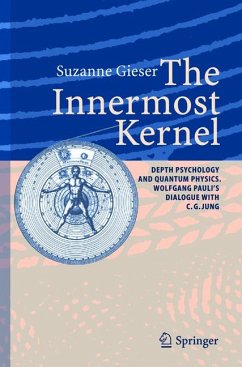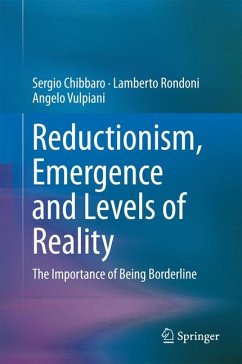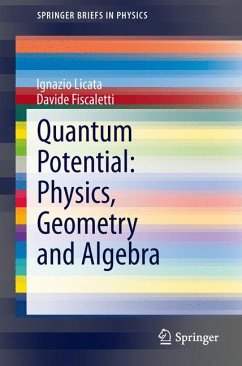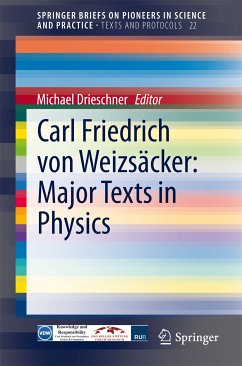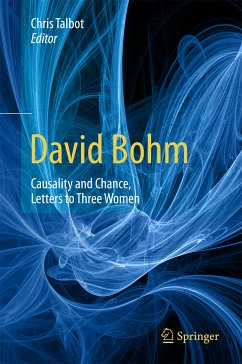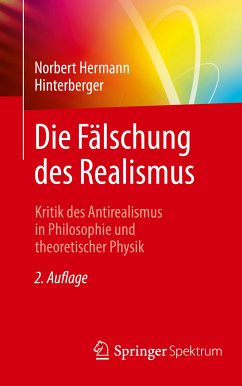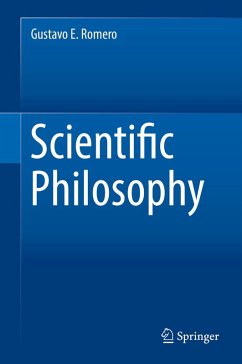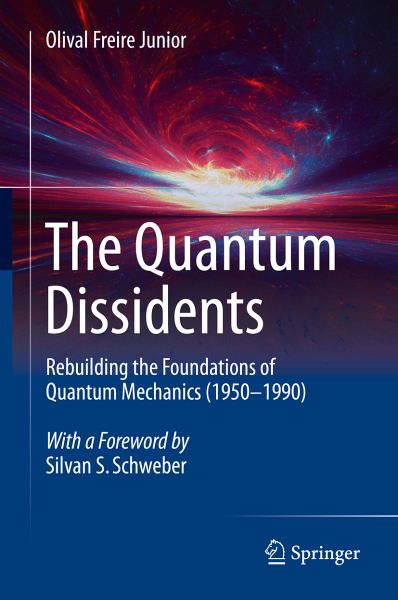
The Quantum Dissidents (eBook, PDF)
Rebuilding the Foundations of Quantum Mechanics (1950-1990)
Versandkostenfrei!
Sofort per Download lieferbar
72,95 €
inkl. MwSt.
Weitere Ausgaben:

PAYBACK Punkte
36 °P sammeln!
This book tells the fascinating story of the people and events behind the turbulent changes in attitudes to quantum theory in the second half of the 20th century. The huge success of quantum mechanics as a predictive theory has been accompanied, from the very beginning, by doubts and controversy about its foundations and interpretation. This book looks in detail at how research on foundations evolved after WWII, when it was revived, until the mid 1990s, when most of this research merged into the technological promise of quantum information. It is the story of the quantum dissidents, the scient...
This book tells the fascinating story of the people and events behind the turbulent changes in attitudes to quantum theory in the second half of the 20th century. The huge success of quantum mechanics as a predictive theory has been accompanied, from the very beginning, by doubts and controversy about its foundations and interpretation. This book looks in detail at how research on foundations evolved after WWII, when it was revived, until the mid 1990s, when most of this research merged into the technological promise of quantum information. It is the story of the quantum dissidents, the scientists who brought this subject from the margins of physics into its mainstream. It is also a history of concepts, experiments, and techniques, and of the relationships between physics and the world at large, touching on themes such as the Cold War, McCarthyism, Zhdanovism, and the unrest of the late 1960s.
Dieser Download kann aus rechtlichen Gründen nur mit Rechnungsadresse in A, B, BG, CY, CZ, D, DK, EW, E, FIN, F, GR, HR, H, IRL, I, LT, L, LR, M, NL, PL, P, R, S, SLO, SK ausgeliefert werden.




